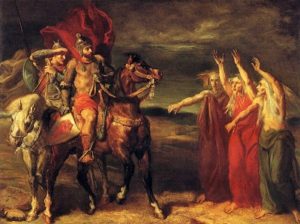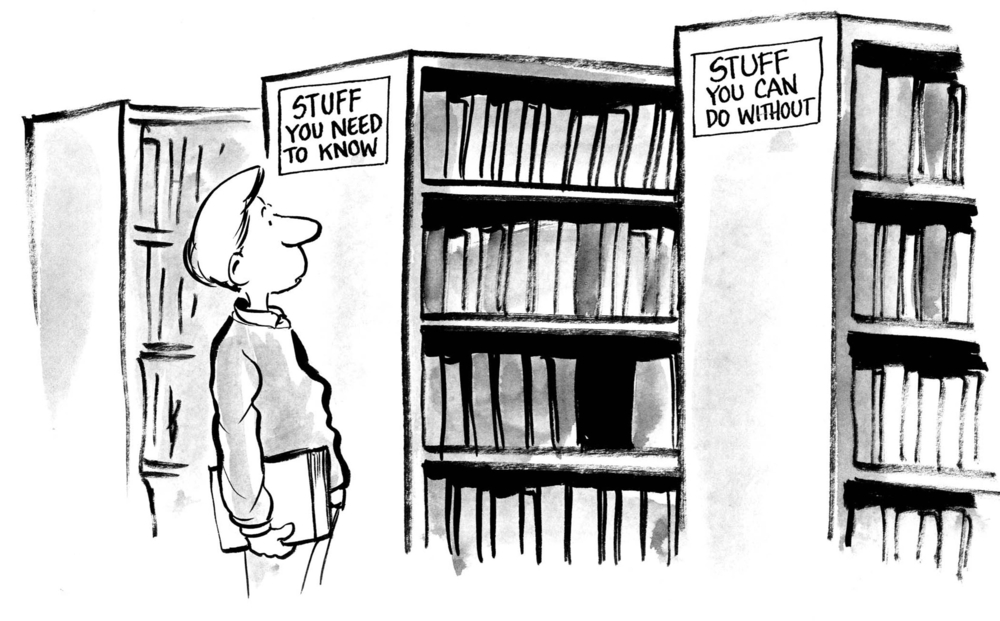As EconTalk listeners know, host Russ Roberts recently relocated to Jerusalem, taking on the role of president of Shalem College. We’ve heard a lot of Russ’s thoughts on what a good education might look like, and we’ve been enjoying watching him put it into practice. In this episode, he welcomes a friend with a similar-and now radical- path. Pano Kanelos, a Shakespeare scholar who served as president of St John’s College and is now the president-in-waiting of a college-to-be (UATX) in Austin, Texas.
The two discuss what makes both Shalem and St John’s unique, with particular emphasis on the study of the “Great Books.” They ruminate on what happens to a person who goes through such an experience, as well as how we might replicate such a unique experience for other learners- and toward what end. Now we’d like to hear both what you took from this episode, as well as how you are learning to exercise “the critical muscle that’s essential to a flourishing life.”
1- Roberts says an ideal education teaches one how to learn: how to think, read, write, and listen. Kanelos goes even further, suggesting we must listen not only to one another, but to the texts themselves. What does this mean? (Hint: it includes no shouting and no running…)
2- What is the proper goal of a liberal arts education? To what extent do you think the demand for liberal arts graduates will increase rather than decrease; why? Is the age of the college major coming to a close, as Kanelos asserts? Again, why?
3- So here’s a question you’ve heard here before: Why should we spend time reading such old books? To what extent do you agree that a large part of the value of this practice is because it’s hard? How can reading such texts transport you to a Green World, and what might that enable you to do?
4- The conversation turns toward the end to the state of education today, which Roberts characterizes as being both in decline and under attack. What do you think are the major problems with (higher) education today? Are these problems exogenous (as Roberts believes) or endogenous (as Kanelos argues)? Explain.
5- Roberts asks Kanelos to describe what UATX will be like, and he describes his task thusly, “How do you bring together the thinkers and the doers? How do you create in young people, thoughtful people of action?” How is thinking though this question helping Kanelos and his colleagues design an education institution? What is their institution for (as he cautions against building something against something else)? How plausible do you think this model is- are you as optimistic about demand for UATX as Russ? What aspects of UATX sound most radical to you? Most appealing?

Bonus: Kanelos recounts a lovely experience discussing Shakespeare’s Macbeth with his middle school son, focused largely on a single word in the text. Have you experienced any similar deep, slow learning experiences with a classic text? If so, we want to hear about it! Share your story here, or send your thoughts to econlib@libertyfund.org.


Comments are closed.